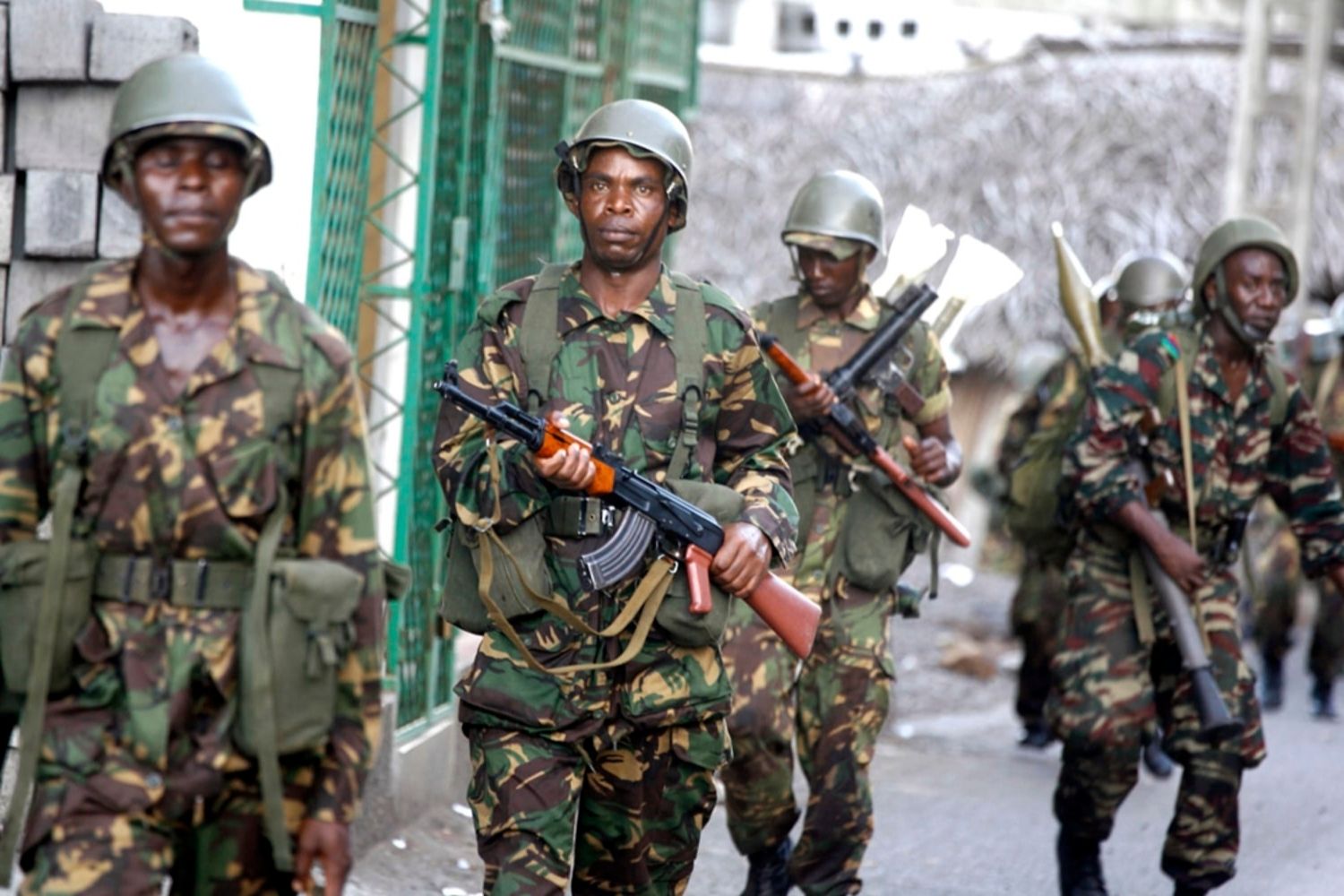
The Invasion of Anjouan in 2008 was a significant event in the history of the Comoros. This military operation aimed to oust Colonel Mohamed Bacar, who had declared himself president of Anjouan, one of the islands in the Comoros archipelago. The African Union backed the Comorian government, providing troops and logistical support. The invasion was swift, with minimal resistance from Bacar's forces. Key players included Comorian troops, African Union soldiers, and French logistical support. The operation restored constitutional order to Anjouan, but it also highlighted the ongoing political instability in the region. Why did this happen? Bacar's refusal to step down after losing the 2007 elections led to the intervention. This event remains a pivotal moment in Comorian history, showcasing the complexities of regional politics and international cooperation.
Key Takeaways:
- The Invasion of Anjouan in 2008 was a military operation to restore order and governance in the Comoros. It showed the importance of international cooperation and the impact of regional interventions on stability.
- The invasion of Anjouan highlighted the role of the African Union and international organizations in maintaining peace. It also emphasized the need for transparent governance and prioritizing human rights in conflict resolution.
Background of the Invasion of Anjouan
The Invasion of Anjouan was a significant event in the history of the Comoros, an island nation in the Indian Ocean. This military operation aimed to restore order and governance on the island of Anjouan, which had declared independence from the Union of the Comoros.
- The invasion took place in March 2008.
- Anjouan is one of the three main islands of the Comoros.
- The island declared independence in 1997.
- Mohamed Bacar was the self-declared president of Anjouan.
- Bacar's rule was marked by allegations of human rights abuses.
- The African Union (AU) played a crucial role in the invasion.
- The operation was named "Operation Democracy in Comoros."
- The Comorian government requested AU intervention.
- Troops from Tanzania, Sudan, and Senegal participated.
- The invasion aimed to remove Bacar from power.
Key Events During the Invasion
The invasion was a complex military operation involving multiple countries and strategic maneuvers. Here are some key events that took place during this period.
- The invasion began on March 25, 2008.
- Troops landed on the beaches of Anjouan early in the morning.
- There was minimal resistance from Bacar's forces.
- Bacar fled the island during the invasion.
- The AU troops quickly took control of key locations.
- The operation lasted only a few days.
- Bacar sought asylum in Mayotte, a French territory.
- France refused to grant Bacar asylum.
- Bacar was eventually captured and detained.
- The invasion was declared a success by the AU.
Aftermath and Impact
The invasion had significant repercussions for the political landscape of the Comoros and the region. It also highlighted the role of international organizations in maintaining peace and stability.
- The Comorian government regained control of Anjouan.
- Elections were held to establish a new local government.
- The invasion strengthened the Union of the Comoros.
- It demonstrated the effectiveness of AU interventions.
- Bacar was put on trial for his actions.
- Human rights organizations monitored the situation closely.
- The invasion received mixed reactions internationally.
- Some criticized the use of military force.
- Others praised the restoration of democracy.
- The event remains a significant chapter in Comorian history.
International Reactions
The international community had varied responses to the invasion, reflecting different perspectives on intervention and sovereignty.
- The United Nations supported the AU's actions.
- The European Union provided logistical support.
- The United States welcomed the restoration of order.
- Some African nations expressed concerns about sovereignty.
- Human rights groups were cautious in their support.
- Media coverage was extensive and varied.
- The invasion was a topic of debate in international forums.
- Some countries called for more diplomatic solutions.
- The AU's role was both praised and scrutinized.
- The event influenced future AU peacekeeping missions.
Lessons Learned
The invasion of Anjouan provided valuable lessons for international interventions and the importance of regional cooperation in maintaining stability.
- Regional cooperation is crucial for successful interventions.
- Quick and decisive action can prevent prolonged conflict.
- International support enhances the legitimacy of interventions.
- Human rights considerations must be prioritized.
- Transparent governance is essential for long-term stability.
- The role of international organizations is vital.
- Military interventions should be a last resort.
- Diplomatic efforts are necessary alongside military actions.
- The importance of post-conflict reconstruction was highlighted.
- The invasion set a precedent for future AU operations.
Final Thoughts on Anjouan's Invasion
The invasion of Anjouan in 2008 was a pivotal moment in the history of the Comoros Islands. It highlighted the complexities of political power, the resilience of the Anjouanese people, and the international community's role in regional stability. The operation, led by the African Union, successfully ousted Colonel Mohamed Bacar, restoring order and paving the way for democratic processes. This event serves as a reminder of the importance of unity, diplomacy, and the collective effort required to address political crises. Understanding these facts not only enriches our knowledge of global history but also underscores the ongoing need for vigilance in preserving peace and democracy. The invasion's legacy continues to influence the political landscape of the Comoros, offering valuable lessons for future generations.
Frequently Asked Questions
Was this page helpful?
Our commitment to delivering trustworthy and engaging content is at the heart of what we do. Each fact on our site is contributed by real users like you, bringing a wealth of diverse insights and information. To ensure the highest standards of accuracy and reliability, our dedicated editors meticulously review each submission. This process guarantees that the facts we share are not only fascinating but also credible. Trust in our commitment to quality and authenticity as you explore and learn with us.
